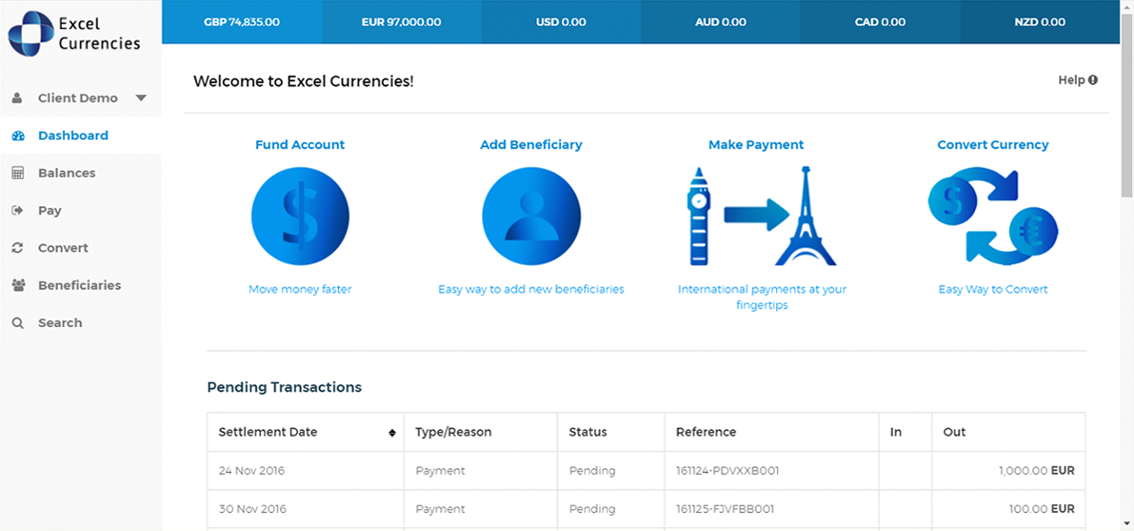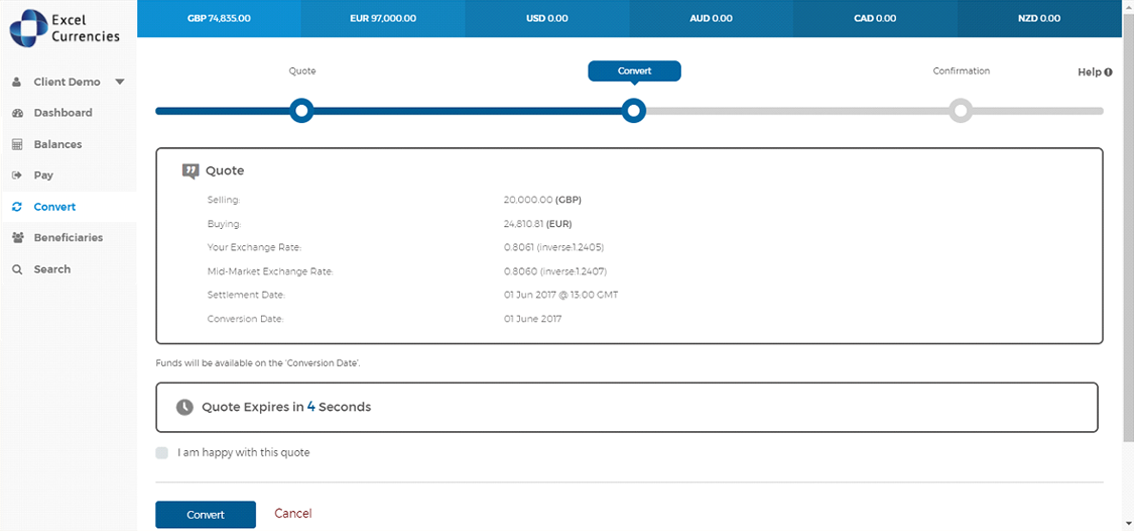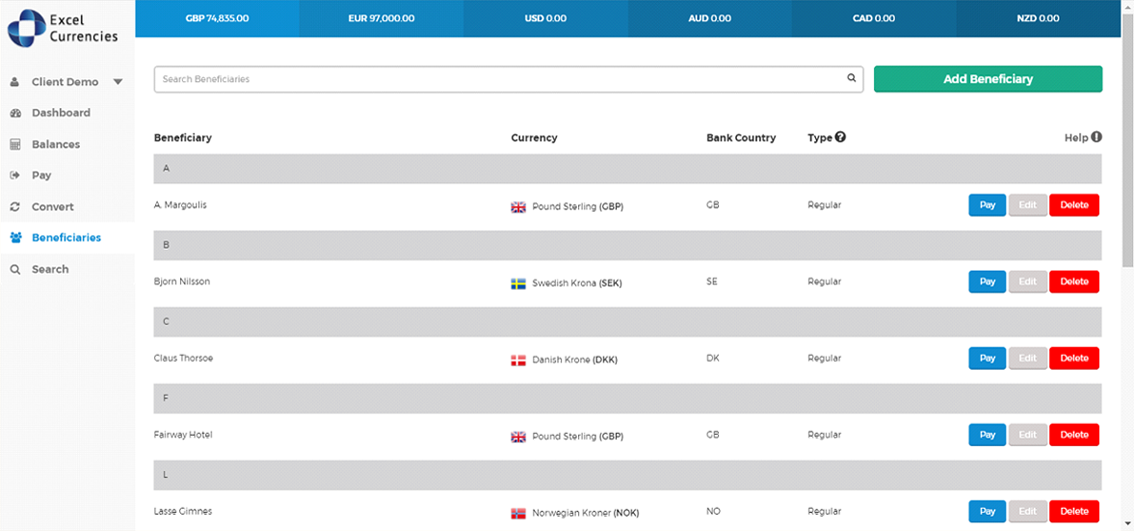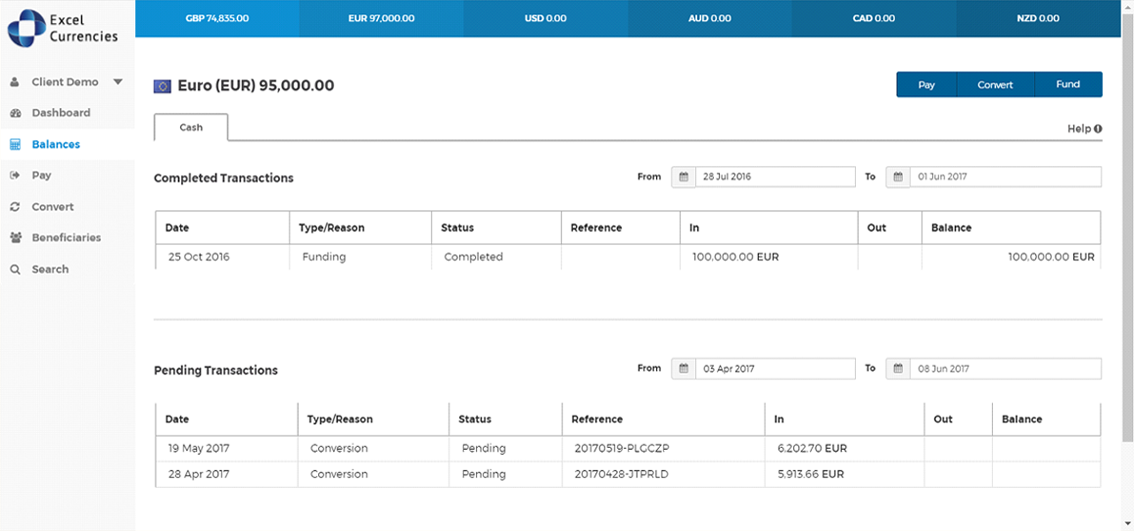Our accounting partner shares advice for anyone earning over £100,000 per year..
If in the last year you have received earnings from PAYE income over £100,000, you must file a self-assessment tax return. If you don’t usually file a tax return, you will need to make sure that you have registered for self-assessment with HMRC by the 5th of October following the tax year your income first exceeded the £100,000 threshold.
Make sure that you do register or you could end up with a penalty from HMRC. After you have registered you will receive another letter telling you what you will need to do next.
Why do I need to send a tax return if I'm a PAYE employee?
Whether you are an employee or self-employed, you will spark interest with HMRC if you earn over £100,000 per year. This is partly because HMRC will want to take a closer look at your money if you are a high earner, but also due to the fact that your finances are just likely to be a bit more complex. It could be that you have more than one source of income, due to shares or other investments, and HMRC will want to see that you have accounted for it all correctly.
Another reason as a high-earner you will be asked to complete a tax return is because it can affect your tax-free Personal Allowance. This is what HMRC calls to your "adjusted net income". Your Personal Allowance goes down by £1 for every £2 that your adjusted net income is above £100,000
Put simply, you lose £1 of your tax-free Personal Allowance for every £2 over £100,000 your adjusted net income goes. This can quickly become complicated, which is why HMRC to make sure it’s sorted correctly.
If I submit a tax return, will I be taxed twice?
You can rest assured that you won’t get taxed twice on the same income.
That said, if you don't know your way around the self-assessment system, it's easy to get tripped up and end up paying too much tax. It might be that you have allowable expenses you can claim for. Self-assessment also comes with a lot of rules and tax return deadlines. It can be easy to quickly stack up tax return penalties if you get things wrong.
That’s why we advise getting expert Tax Accountants involved if you are a high earner, they can make sure that you are claiming your maximum tax relief, so that you are not liable to pay any more tax than you already do.
What information do I need to supply in my self-assessment?
HMRC will want to examine your finances and get a full view of your sources of income such as; employment, pensions, investments, interest, rental properties, shares and share dividends. They’ll also want to know if you have any allowable expenses or if you are in receipt of any ‘benefits in kind’ from your employer.
It can be quite daunting knowing what to prepare, keep and include with regards to yourself assessment tax return. It’s worth getting an accountant involved even if just for your first submission. It can be a great weight off your mind knowing everything will be covered and taken care of with the help of an expert.
For help with your accounting needs and to see a quick transparent price list from our partner, please fill out the section to the right and they will be in touch with you shortly.

 Twitter
Twitter Facebook
Facebook linkedin
linkedin Google
Google








